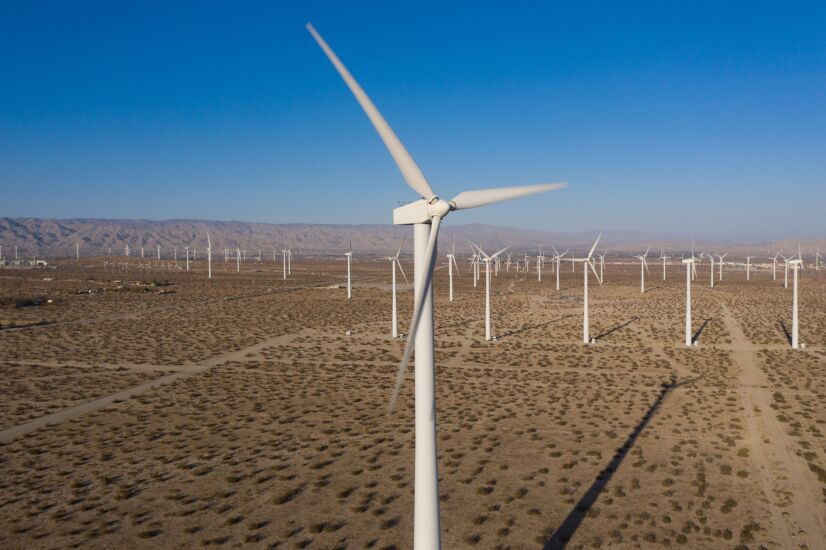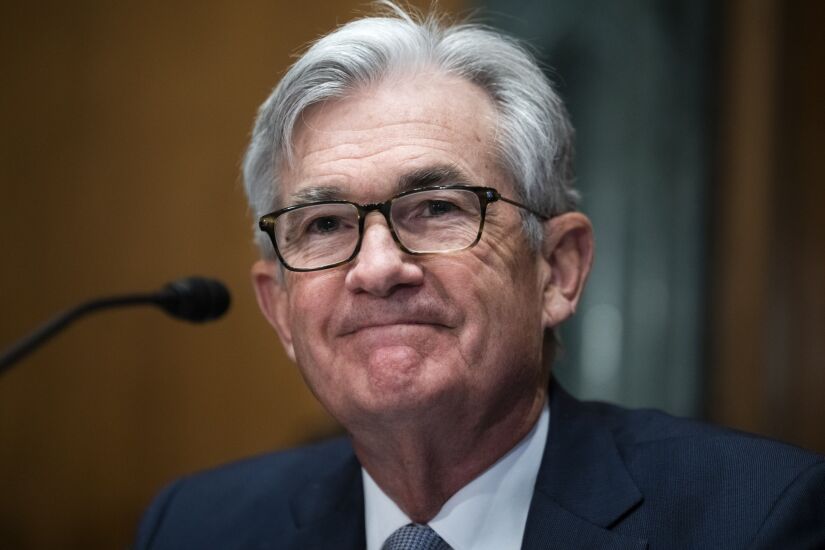Jamie Dimon says the U.S. economy remains strong, but he also sees lots of warning signs, including sky-high energy prices, broad-based inflation and the fallout from sanctions on Russia.
JPMorgan Chase’s longtime chairman and CEO used much of his annual letter to shareholders, which
“While it is possible, and hopeful, that all of these events will have peaceful resolutions, we should prepare for the potential negative outcomes," Dimon wrote.
Dimon has been JPMorgan’s chief executive since late 2005 and its chairman since late 2006. The New York megabank
In his letter to shareholders, Dimon covered a wide range of topics, including JPMorgan’s big spending plans this year and the nation’s transition to a low-carbon economy. What follows is a summary of five key themes in Dimon’s letter.










